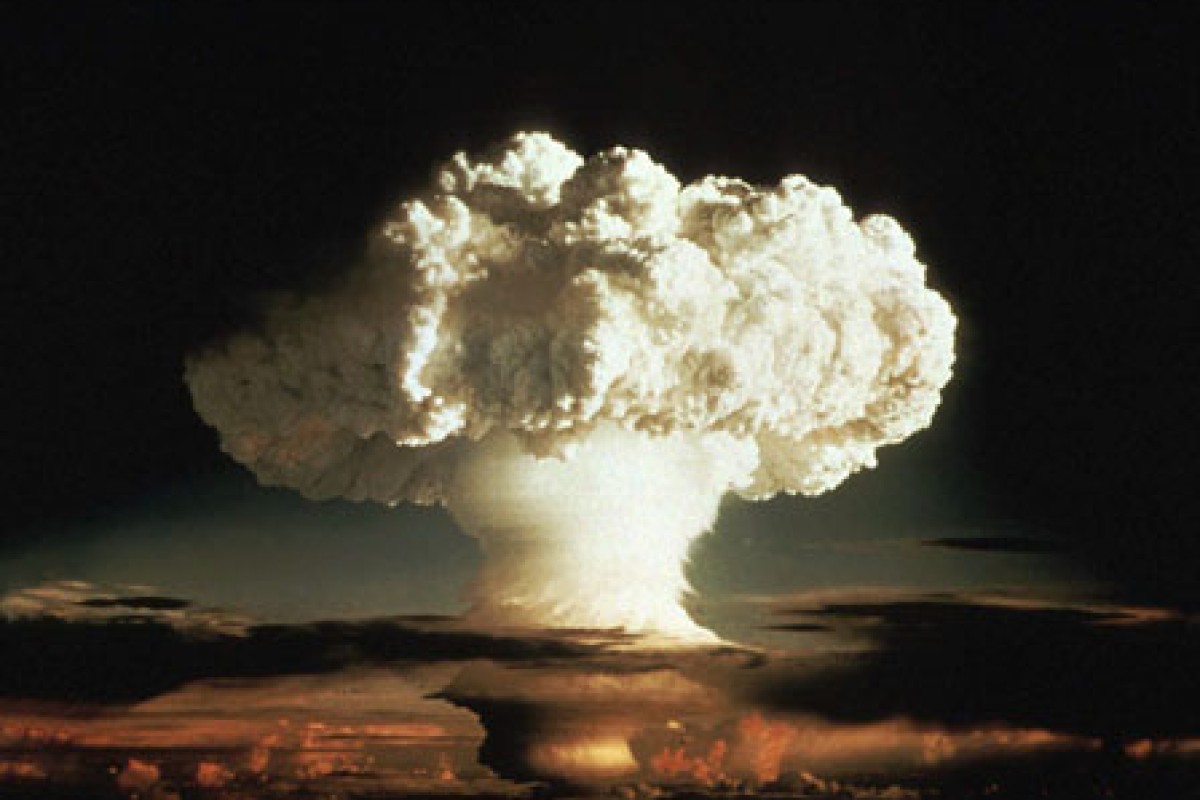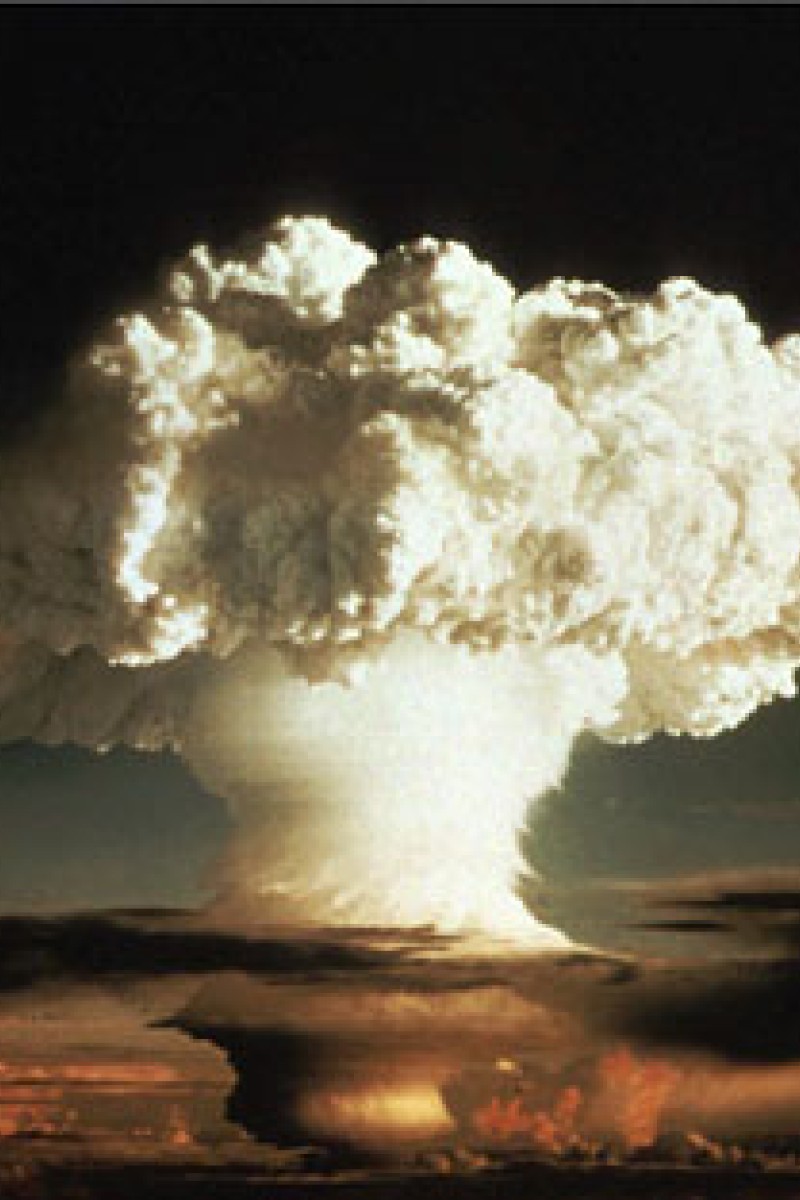 iii
iiiBy Cameron Dueck
Nuclear energy and nuclear weapons have been in the headlines recently.
US President Barack Obama earlier this month invited 47 world leaders to America to discuss how to reduce the amount of nuclear weapons in the world.
But nuclear energy is again being discussed as a good alternative to energy that comes from fossil fuels such as coal and natural gas. In February President Obama said his government would help finance new nuclear power plants in the US because the country must develop cleaner energy technology.
Nuclear energy is released as the result of nuclear fission and nuclear fusion. Uranium, a dense radioactive metal, is the fuel used and one tonne of uranium contains about 2.5 million times as much energy as the same amount of coal or oil. It's powerful stuff - it can generate huge amounts of electricity.
Nuclear energy does not produce the same amount of carbon emissions as coal or natural gas burning power plants. That's the good news. The bad news is that if something goes wrong with a nuclear power plant it can spread huge amounts of radioactive waste across vast areas, causing dire health problems in humans and animals for generations.
Electricity produced from nuclear reactors was popular in the 1970s and 1980s, but several deadly accidents saw most countries resort to coal, oil and natural gas. But now we understand the damage that burning fossil fuels causes, scientists are looking at ways to make nuclear energy safer. Both India and China are building nuclear power stations. Environmentalists around the world have said these two countries need to reduce the amount of greenhouse gases they produce. A lot of their carbon emissions come from power stations. Is nuclear power the solution to this problem?
There's no easy answer. Nuclear power has its advantages and disadvantages, but if we want to stop polluting our atmosphere and still enjoy things like air-conditioning and computers, we'll have to make compromises.
To to join the discussion, click here
Cameron is available to speak to primary and secondary students about environmental and climate change issues as well as his recent Arctic sailing expedition. Contact [email protected]
<!--//--><![CDATA[// ><!-- PDRTJS_settings_1877012 = { "id" : "1877012", "unique_id" : "default", "title" : "", "permalink" : "" }; //--><!]]>